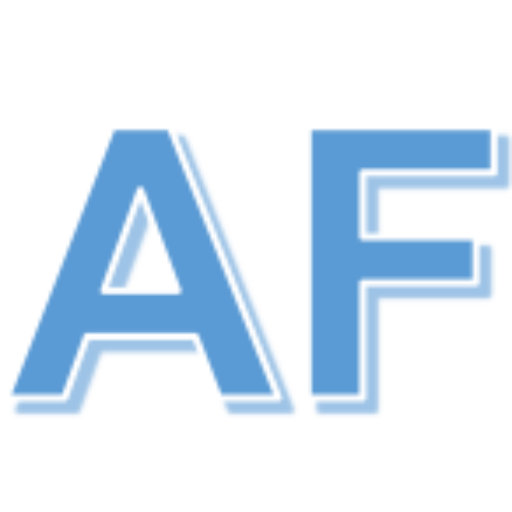
The job of a manager of a remote team is complex by definition. Endless calls and few possibilities to change the approach: leading a remote team means having a playground that is often much more difficult than the one you may experience with the resources physically present.
It also and above all means asking yourself and to your team more incisive questions in order to extrapolate all that is good and stimulate a discussion that leads to a mutual advantage and a bidirectional enrichment. The “trick” is always the same: make it relevant and win-win for you and your employees.
So what are the questions that can help you accelerating this sharing and growth?
- Productivity first. No results, no success: simple that may seem this is a critical area to investigate by asking what will help you and your team be more productive. The answer is not necessarily obvious: sometimes a meeting, a rule, a small object of daily use is enough to give a significant boost to the productivity of the remote team. And where the team is mixed (physically co-located and remote), the depth of the response can be different and necessarily will have different nuances. Giving a good answer to this question is the alchemy that may or may not make the difference between a team that works and one that doesn’t.
- Help required. What support do you need to make your work the best job? This too is not a question with a predictable outcome. From experience there is often no lack of tools but something much more critical and not so evident: communication, sharing of objectives, relationship are the issues that often emerge, particularly in teams that have limited contact possibilities.
- Touch base often and regularly. It is important to ask yourself how to stay in touch with the team. A scheduled and timely visit helps, together with remote meetings, to improve team intimacy and communication. But not always and only meetings are the only place dedicated to creating the relationship: the unified communication tools as well as the telephone are equally valid communication vehicles. You decide where the information can be addressed in the best way.
- Help the others. Good things do not come alone: always ask which support your resources need on your side. And if the answer is late in arriving, stimulate the discussion to empty the field from any shyness or difficulty in expression. You will find this activity difficult at the beginning but incredibly enriching and functional to results once it becomes part of the routine
- Information needed. What information do you need to complete your work? If the resource is present in person it is much easier to understand what is missing. Again a relationship, continuous feedback and above all trust are the elements that help to bring out requests that are sometimes difficult.
What are your best practices?



